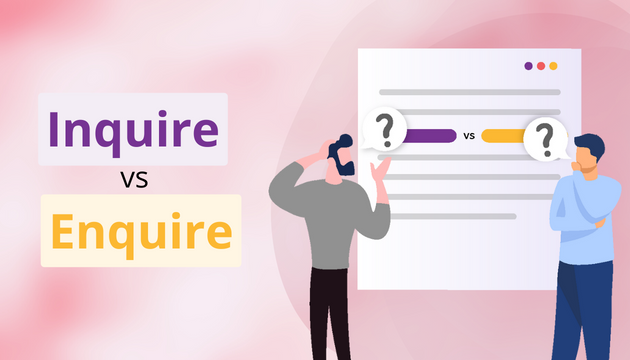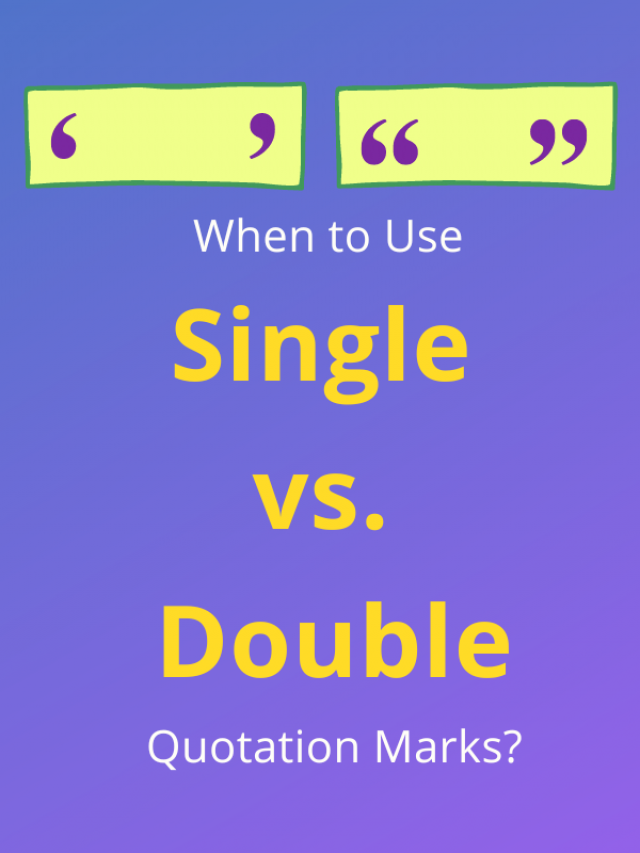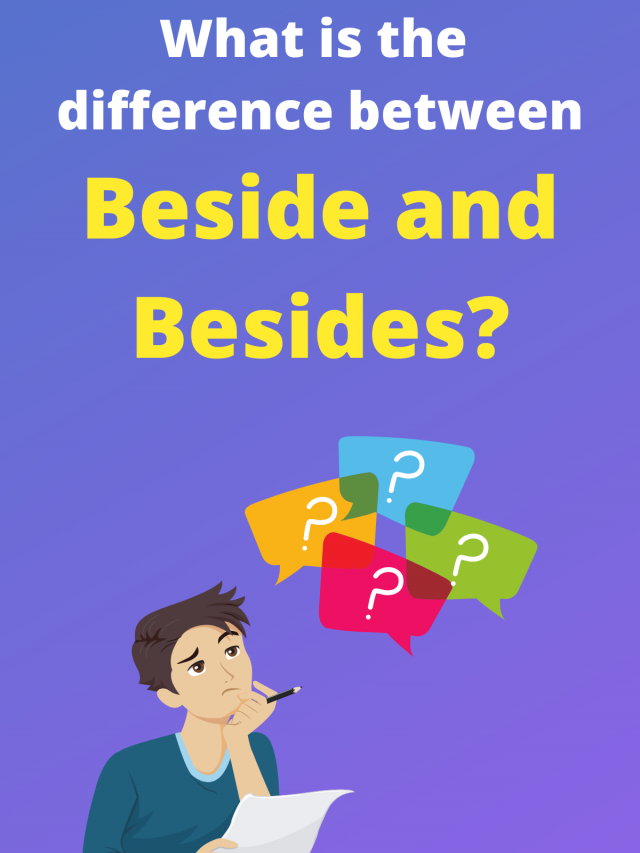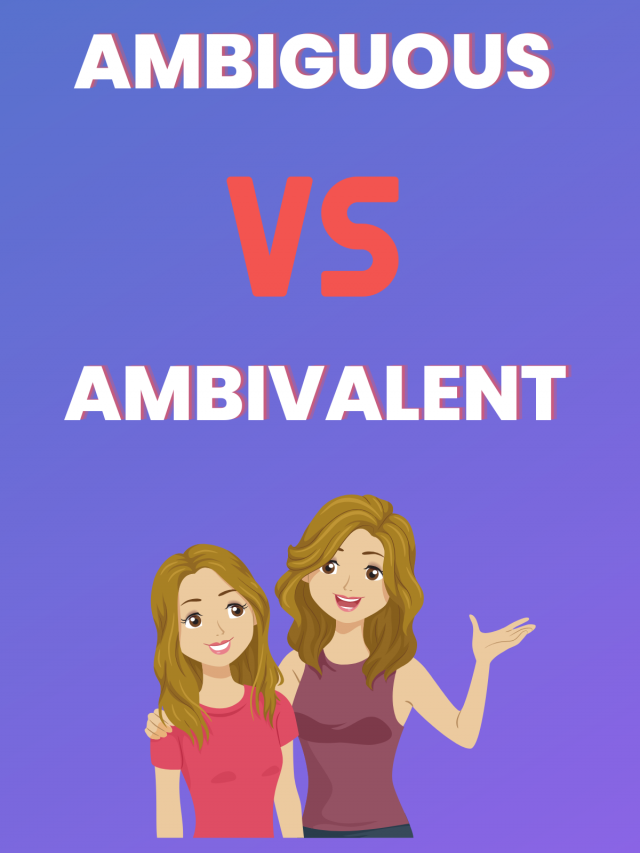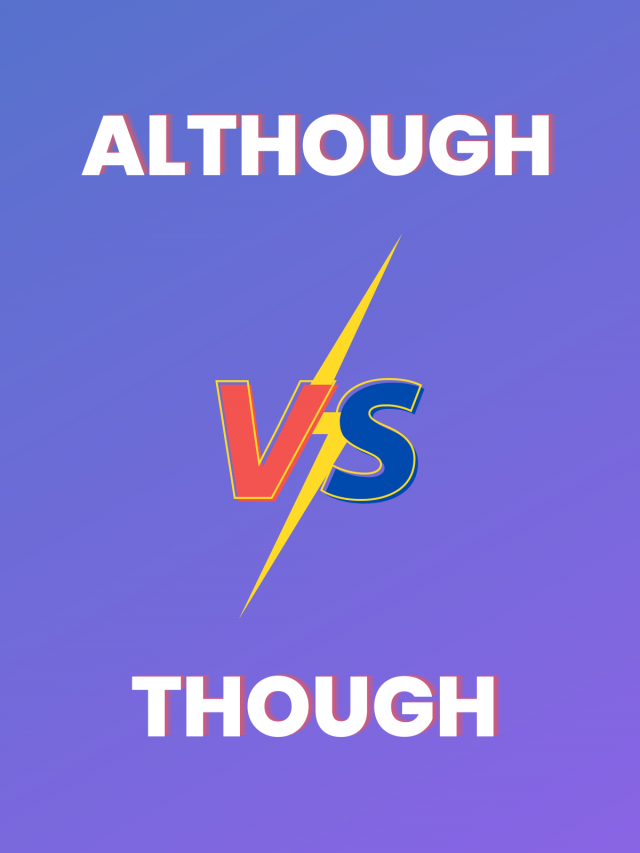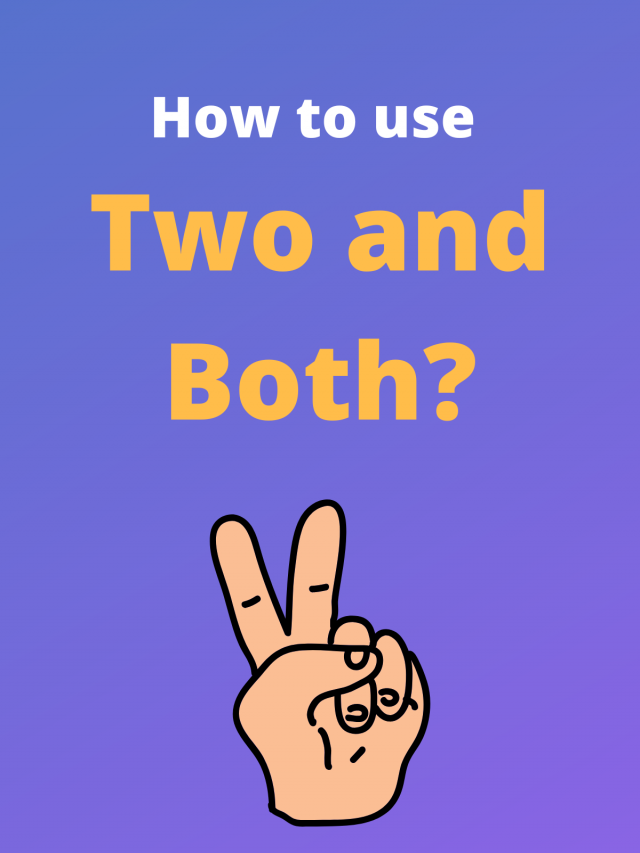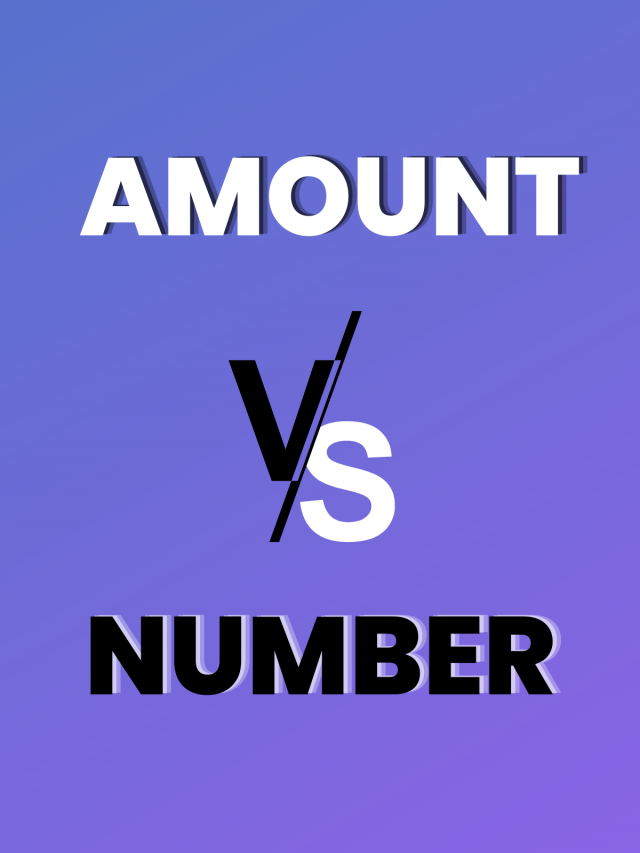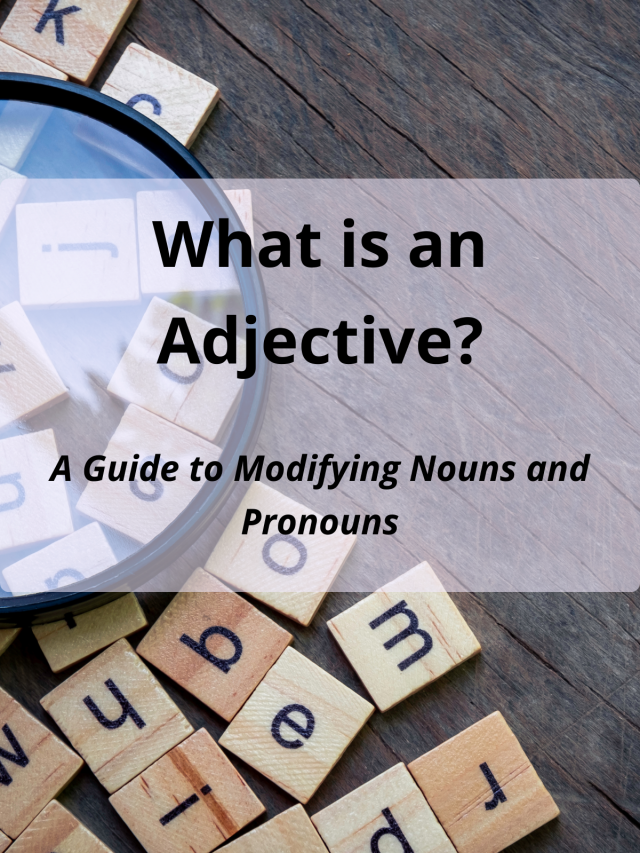Have you ever noticed how many confusing similar word pairs there are in English? There are tricky homonyms like their and there, enquire and inquire, bear and bare, and two and too.
These words sound the same but have different meanings. And then there are words like affect and effect, flammable and inflammable, or immigrate and emigrate. These types of word pairs sound similar and have similar meanings, but their uses are different.
If you find English words like this confusing, you aren’t alone! Native and non-native speakers alike make errors with similar word pairings. But there are ways to know which one to use every time. Today we’ll look at inquire and enquire. What’s the difference? When should I use them? Read on to find out!
Table of Content:
Inquire vs Enquire
Consider the following two sentences.
- He enquired at the front desk about the spa hours.
- He inquired at the front desk about the spa hours.
Do these sentences have the same meaning, or is it different? Is one of them wrong? If so, why?
The meaning of both sentences is the same: “inquired” and enquired” can both be replaced with “asked.” So is there any difference?
Well, if you said the first sentence is correct while the second is wrong, you are probably someone who speaks or is most familiar with British English. If you said they have the same meaning, and neither is wrong, you are probably someone who speaks or is most familiar with American English.
These two words have a distinctly different use to British English speakers, whereas most American English speakers would rarely or never choose to use “enquire.” Why is that the case?
The Etymology of Inquire and Enquire, or Let’s Look at the Latin Origin
Many English words have a Latin origin, and enquire and inquire are no exception. The Latin origin is the verb inquirere, which comes from quaerere, to ask or seek. The modern English word “query” takes its origin from this word as well.
So why did this become a confusing split word in English? In fact, the word did not come directly into English vocabulary from Latin. Instead, it came via Old French, which transformed inquirere into enquerre.
When the word arrived in English, some people continued to use the French “en” prefix. However, others looked to the original Latin and used “in” at the beginning instead. As a result, both enquire and inquire entered into English.
It’s hard to say exactly what resulted in the split between American and British use of these two words. But in modern usage, British English uses “enquire” for asking an informal question and “inquire” for formal investigations. American English uses “inquire” for both meanings.
Inquire: British and American Examples
To more fully understand the difference in American and British usage of inquire, let’s look at some examples. Which of the following are British English? Which are American English?
- The criminal inquiry lasted three weeks before they identified the guilty party.
- She inquired about her aunt’s health.
- The government banned schools from inquiring about immigration status when processing admissions applications.
- The Congressional inquiry sought to determine whether the classified documents had been improperly handled.
Did you get it? The first and fourth sentences are correct British usage of inquiry. In these sentences, “inquiry” refers to a formal investigation. Americans might use inquiry for investigation in these sentences.
However, the second and third are examples of American usage. In both sentences, inquire means ask about, and it is informal.
Enquire: British Examples
Since Americans don’t tend to use enquire very often, let’s look at some examples of when British English speakers might use it.
- He enquired after his NASA application.
- She enquired about her aunt’s health.
- The government banned schools from enquiring about immigration status when processing admissions applications.
- Why don’t you enquire as to whether you need a deposit in order to rent the flat?
You can see the second and third sentences are identical to our American examples of inquire above, except they use enquire. In all of these examples, enquire simply means to ask about. None of the examples refer to a criminal investigation, and so a British English speaker would be most likely to use “enquire” rather than “inquire.”
Phrasal Verbs with Enquire and Inquire
Hopefully by now you’re feeling more confident about the difference between enquire and inquire, and you’re starting to understand when to use each one. Let’s look at some phrasal verbs used commonly with both enquire and inquire so you can refine your understanding of how to use these words in a sentence.
- inquire/enquire…about
- She enquired about the train schedule.
- inquire/enquire…as to
- He inquired as to the deadline.
- inquire/enquire…after
- I enquired after her health.
- inquire/enquire…why/where/when
- The police officer inquired where I had been going.
- The teacher enquired why he was late.
- She enquired when he would be home.
You can also simply use inquire/enquire together with a noun, for example:
- The teacher inquired his name.
- The fireman enquired my address.
Still confused? Make sure that you don’t mix up the use of enquire and inquire by using an grammar checker and proofreading tool like Trinka.
Trinka can check your English to make sure you’re using consistent style and haven’t mixed up British and American English throughout your writing. Give it a try today to make sure your writing is always flawless.
Web Stories:

